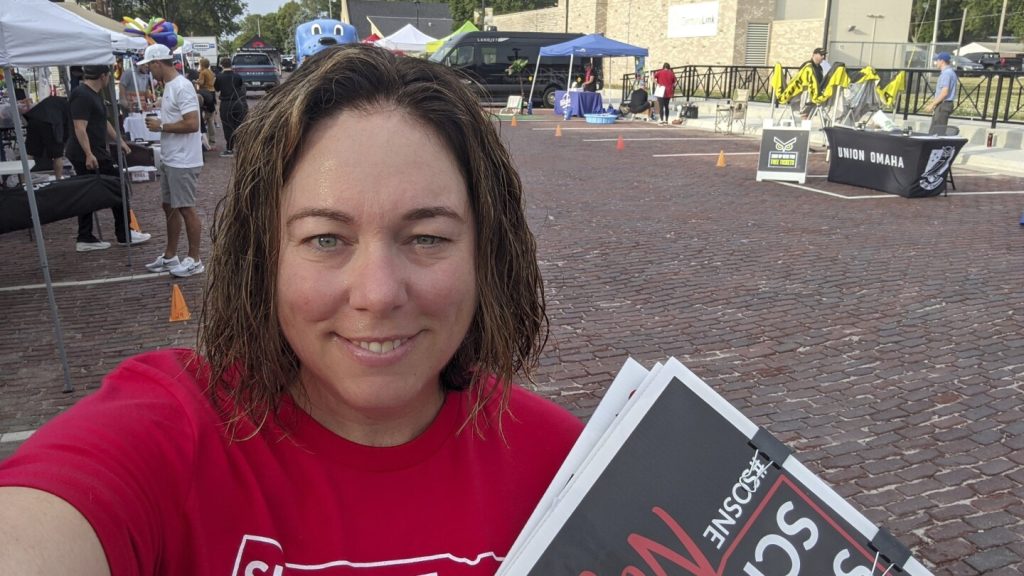Nebraska lawmakers are on the verge of passing a bill that would prevent the public from voting on a ballot measure initiated by citizens of the state. This bill aims to block a law passed last year that diverts income tax receipts to pay for private school scholarships, instead offering direct funding for private school tuition from state coffers. If passed, this bill would effectively prevent voters from repealing the private school funding law that is set to appear on the November ballot.
Residents of Nebraska and volunteers who collected petition signatures to get the repeal question on the ballot have expressed outrage at lawmakers for attempting to circumvent the will of voters. The use of ballot initiatives is a point of pride for the state’s unique one-chamber, nonpartisan legislature, making this move particularly audacious. The issue is personal for many, such as a Gretna resident whose son benefited from specialized public school services, leading her to view the bill as an attack on the people’s right to vote.
State Sen. Lou Ann Linehan, who authored last year’s law, argues that the new bill is not against public schools but rather gives families more choices when their public school is not meeting their needs. A significant portion of private school scholarships would benefit students facing specific challenges, such as bullying, foster care, or having a parent in the military. However, opponents, including law professor Anthony Schutz, argue that the bill violates the Nebraska Constitution’s prohibition against appropriating public funds to nonpublic schools.
One line of argument suggests that the fund is appropriated to students and parents, not directly to private schools, making it potentially difficult to challenge in court. Despite efforts by Linehan to convince the Nebraska Secretary of State to remove the repeal measure from the November ballot, the initiative was deemed legal but may face further legal challenges. If the repeal measure remains on the ballot, voters will have the opportunity to express their views on public funds going to private schools. Opponents are prepared for a potential legal battle or another petition effort to defend the right to vote on this important issue.


